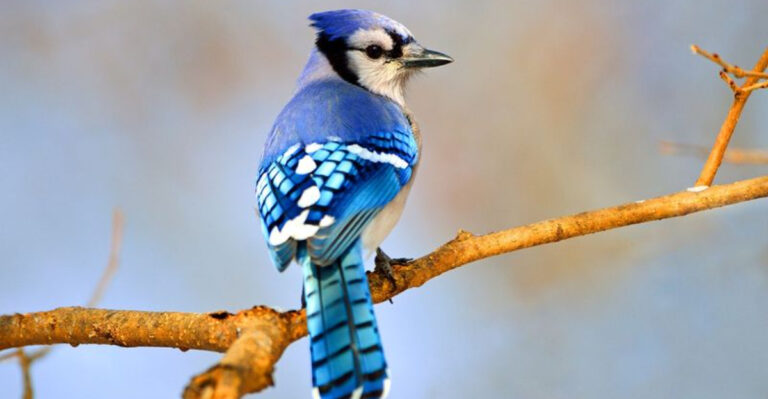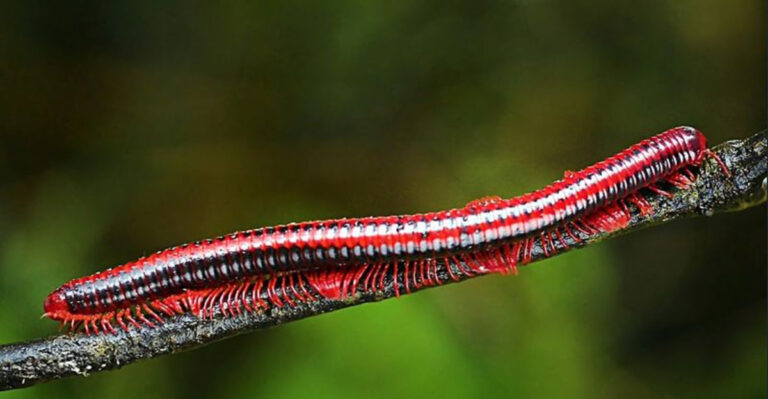Rat Lifespan: How Long Do Rats Live?
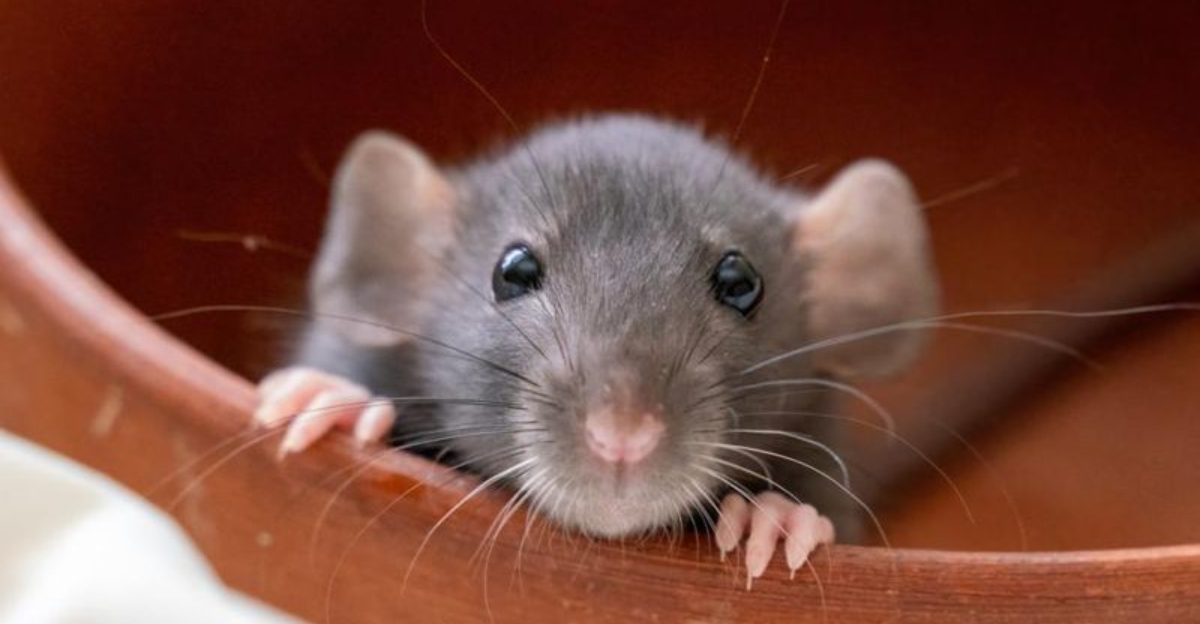
Ever wondered how long those little whiskered creatures scurrying around might live? Rats have surprisingly complex lives with lifespans that vary dramatically based on several factors.
Understanding how long rats typically live can help pet owners provide better care or give researchers insights into aging studies where these intelligent rodents often serve as models for human health.
1. Wild Vs. Pet Rat Lifespans
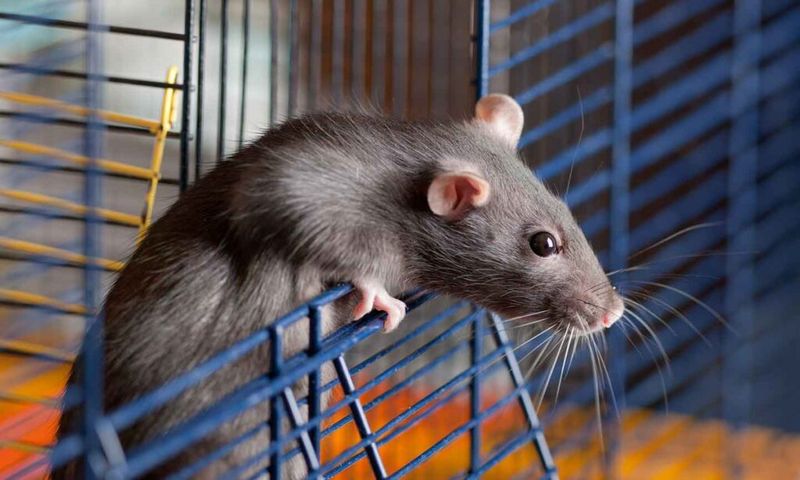
Freedom comes with a price tag for wild rats. While their domesticated cousins enjoy comfortable lives spanning 2-3 years, wild rats typically survive just 12 months.
Predators, harsh weather, and limited food access dramatically shorten their natural lifespan. Pet rats, protected from these dangers, live significantly longer with proper care.
2. Record-Breaking Rodent Years
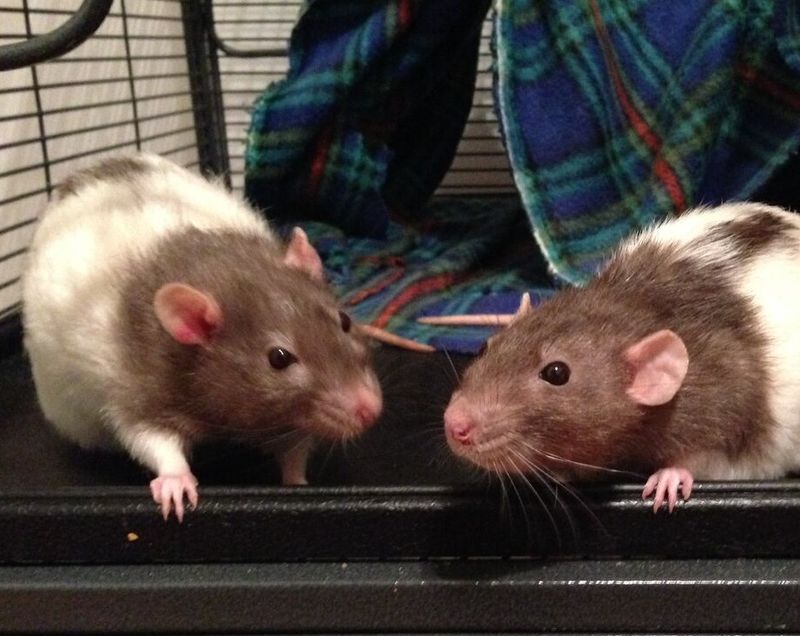
Some exceptional rats have defied typical age expectations. The oldest documented pet rat lived an astonishing 7 years and 4 months!
This Guinness World Record holder, named Rodney, belonged to a family in Oklahoma. Most rat owners consider themselves lucky if their pets reach 3-4 years, making Rodney’s longevity truly remarkable.
3. Fancy Rat Varieties Live Longer
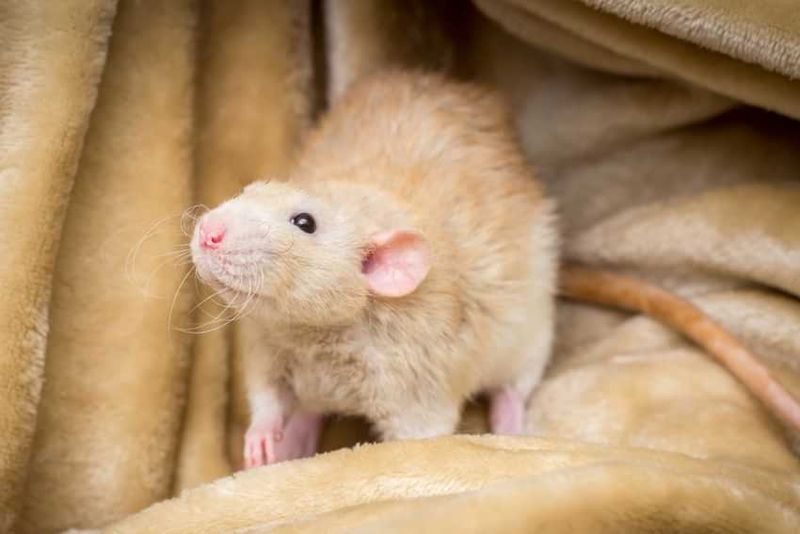
Not all pet rats are created equal when it comes to lifespan potential. Fancy rats, selectively bred for generations as pets, typically outlive their recently-domesticated counterparts.
Careful breeding has helped eliminate some genetic health issues. Established varieties like Dumbo rats and Rex rats often enjoy healthier, longer lives when compared to rats with less selective breeding histories.
4. Female Rats Often Outlive Males
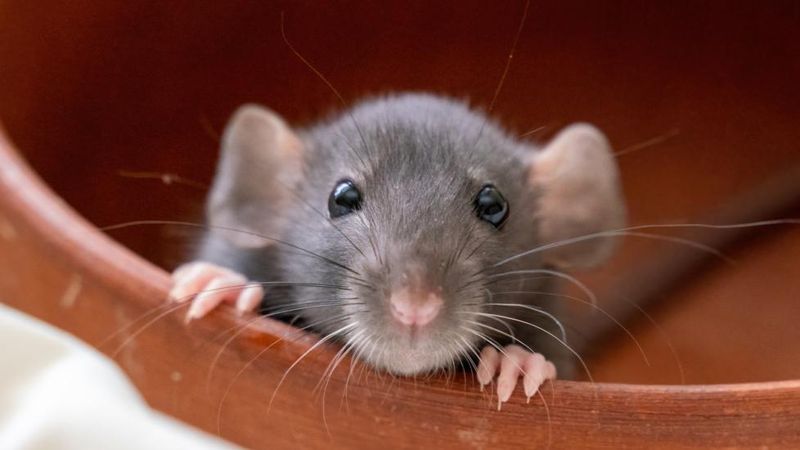
Girl power extends to the rat world! Female rats typically live several months longer than males, with an average lifespan of 2-3 years compared to males’ 2 years.
This gender gap appears across both wild and domesticated populations. Researchers believe hormonal differences and lower rates of certain cancers contribute to females’ longevity advantage.
5. Diet Dramatically Affects Longevity

What goes into a rat’s mouth significantly impacts how long they’ll live. Rats fed high-quality lab blocks with fresh vegetables typically live months longer than those subsisting on seed mixes.
Obesity dramatically shortens rat lifespans. Studies show that calorie restriction (without malnutrition) can extend rat lives by up to 30% – a finding that has fascinating implications for human aging research.
6. Genetic Factors Play A Huge Role
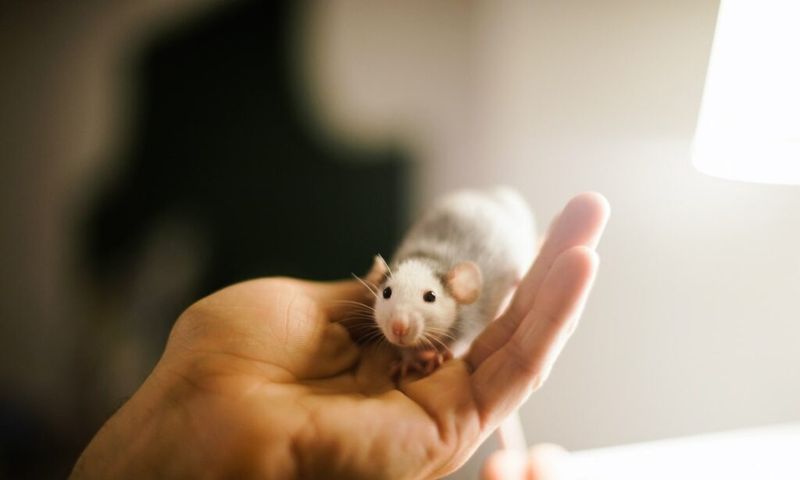
Lucky genes can mean extra birthdays for some fortunate rats. Genetic predisposition strongly influences how long a rat will live, regardless of care quality.
Certain bloodlines produce consistently longer-lived rats. Responsible breeders track longevity across generations, selecting breeding pairs with ancestors who lived beyond average expectations to produce healthier offspring with extended lifespan potential.
7. Respiratory Health Is A Major Factor
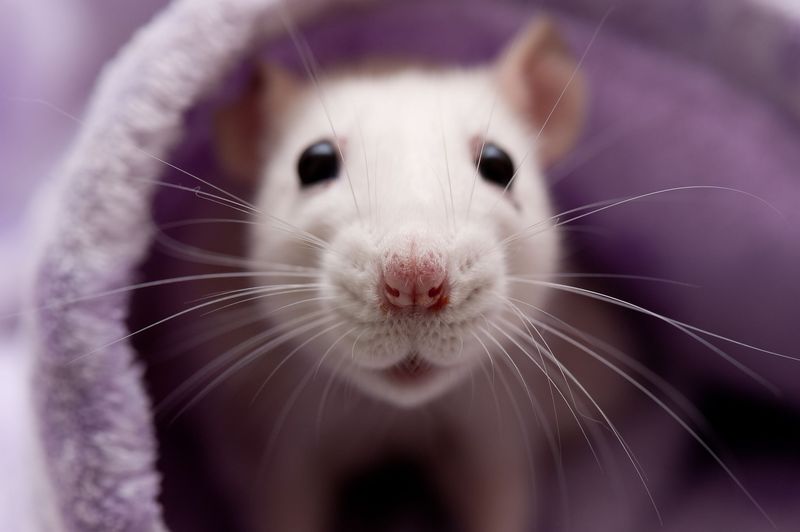
Breathing troubles frequently cut rat lives short. Mycoplasmosis, a bacterial respiratory infection, affects nearly all rats and becomes symptomatic in roughly 30-70% of pet rats.
Symptoms include sneezing, wheezing, and discharge from eyes and nose. Maintaining clean bedding, dust-free environments, and proper ventilation significantly reduces respiratory issues, potentially adding months to a rat’s lifespan.
8. Cancer: The Leading Cause Of Death
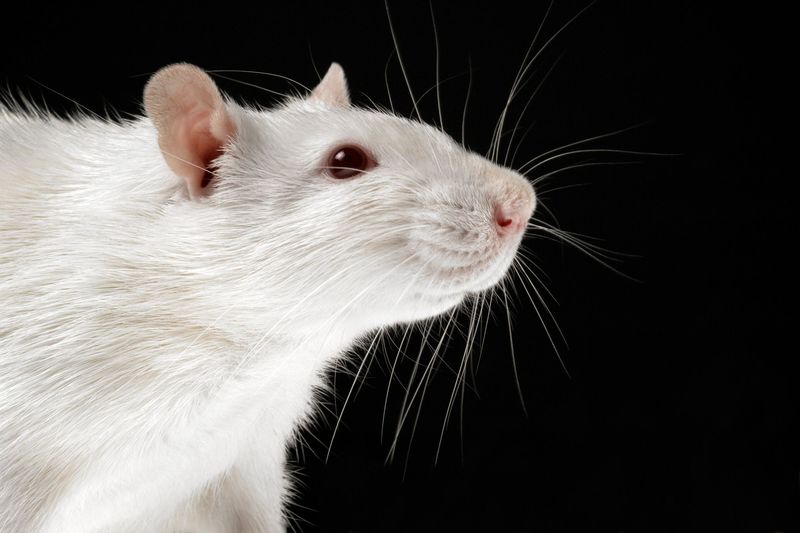
Tumors develop in approximately 70-80% of older rats, making cancer their primary life-limiting condition. Mammary tumors are especially common in females, while males frequently develop testicular cancer.
Early spaying dramatically reduces tumor risk in females. Catching and removing tumors early through regular health checks can extend a rat’s life, though their naturally short lifespans often make aggressive treatments impractical.
9. Stress Shortens Rat Lives
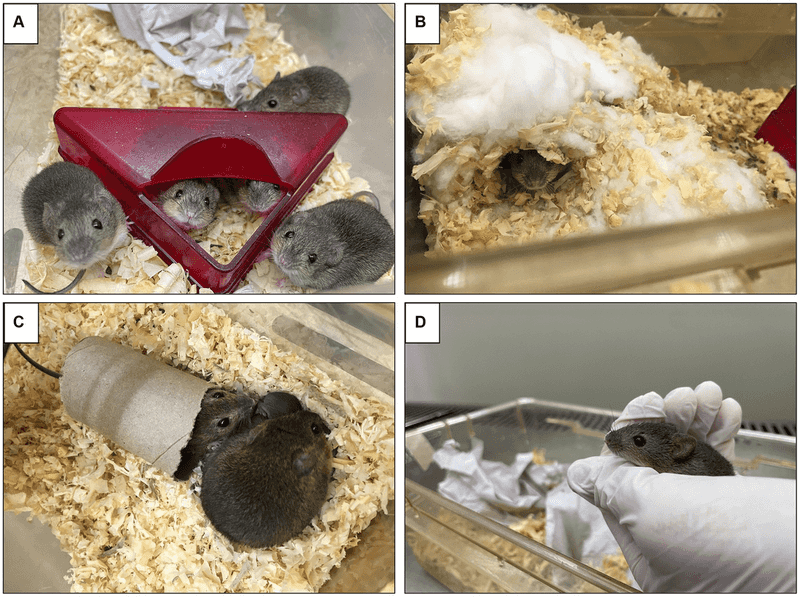
Chronic stress can take years off a rat’s life. Rats experiencing frequent handling changes, cage relocations, or social isolation show measurably shorter lifespans.
Consistent routines and stable social groups help rats feel secure. Studies show that rats with regular, gentle handling and enriched environments not only live longer but show fewer stress-related behaviors and illnesses.
10. Laboratory Rats Live Differently
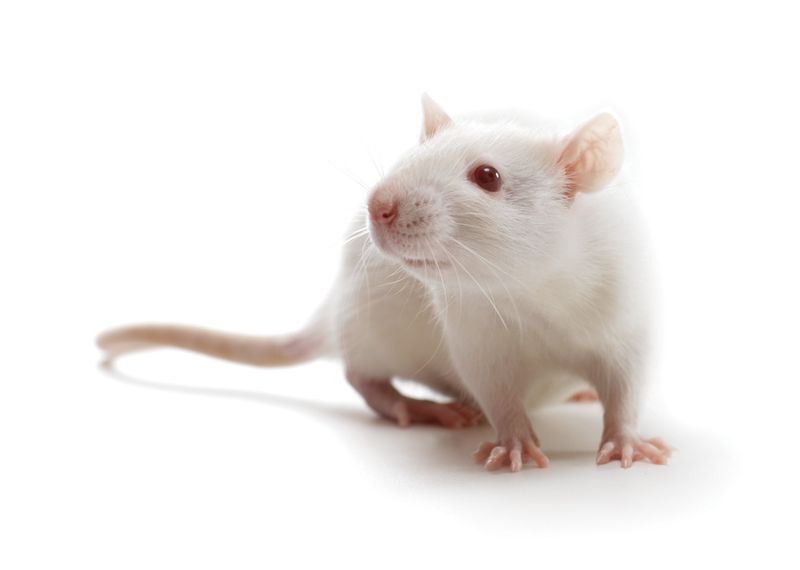
Lab rats experience carefully controlled lifespans unlike their pet or wild counterparts. Research facilities maintain standardized conditions that typically result in 2-3 year lifespans.
Specialized strains bred for specific studies may have intentionally shortened lives. The Sprague Dawley rat, commonly used in research, has a well-documented average lifespan of 2.5-3.5 years when kept in optimal laboratory conditions.
11. Exercise Extends Rat Years
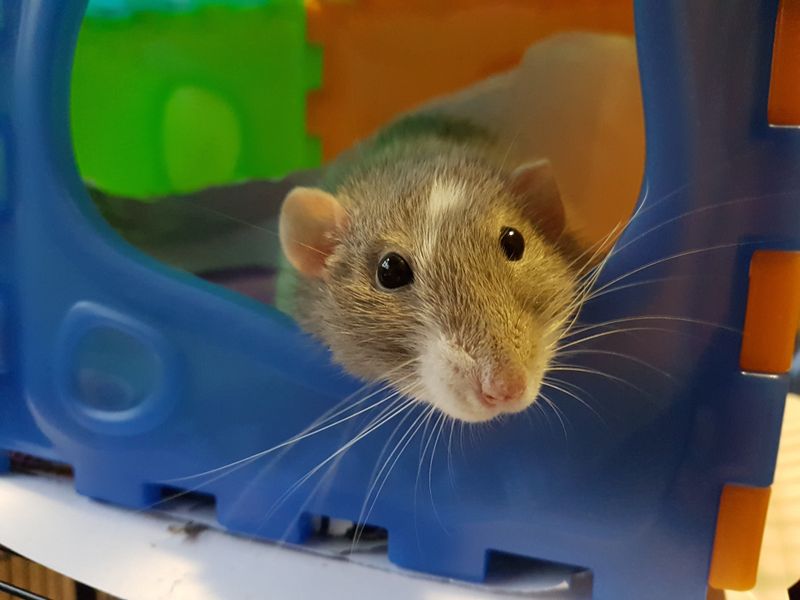
Active rats tend to be longer-lived rats. Regular exercise helps prevent obesity and maintains cardiovascular health, potentially adding months to a rat’s life.
Wheels, multi-level cages, and daily out-of-cage playtime provide essential movement opportunities. Studies show that rats with regular exercise show fewer age-related health problems and maintain mobility and cognitive function longer into old age.
12. Social Connections Boost Longevity
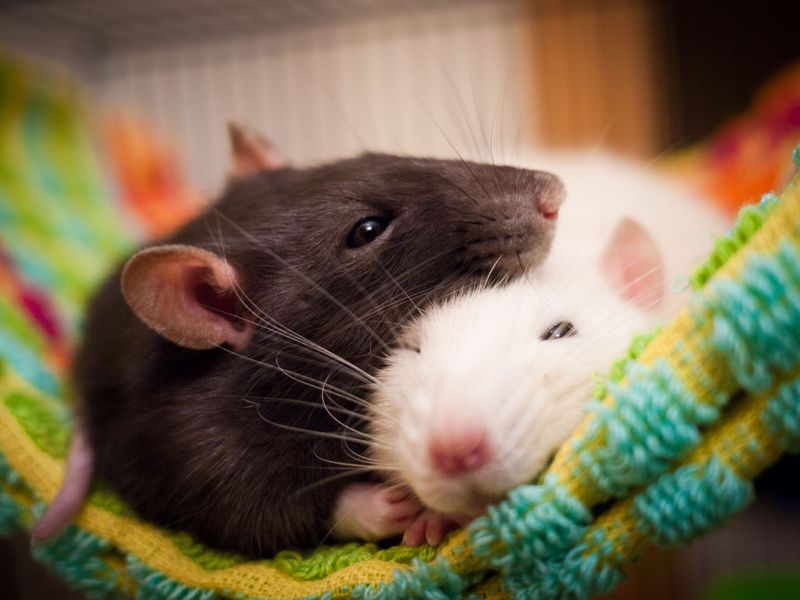
Lonely rats don’t just feel sad – they actually die sooner. Studies consistently show that rats kept in isolation have shorter lifespans than those housed with companions.
As highly social creatures, rats thrive with rat friends. The psychological benefits of companionship translate to physical health advantages, with paired rats showing lower stress hormones, better immune function, and longer average lifespans.
13. Temperature Affects Lifespan
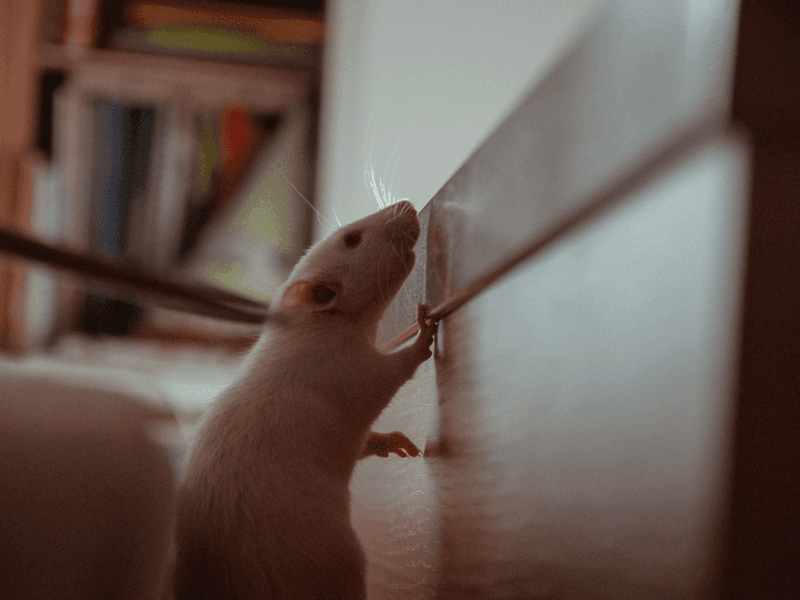
Too hot or too cold can dramatically shorten a rat’s life. These small mammals thrive in temperatures between 65-75°F (18-24°C), similar to human comfort zones.
Exposure to extreme temperatures stresses their systems and can lead to heat stroke or hypothermia. Consistently comfortable temperatures, especially for older rats with less efficient temperature regulation, can add months to their lifespans.
14. Veterinary Care Makes A Difference
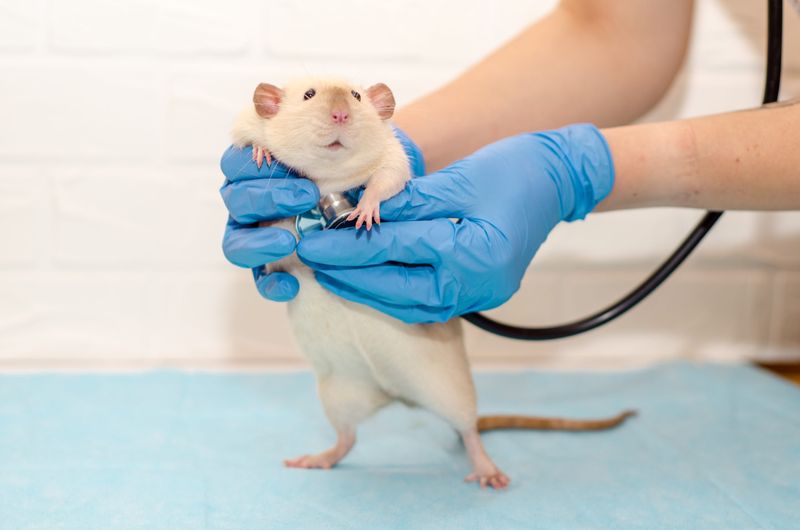
Regular check-ups can significantly extend rat lives. Despite their short lifespans, preventative care catches issues early when they’re more treatable.
Finding an exotic pet veterinarian experienced with rats is crucial. Many rat owners avoid vet visits due to cost concerns, but simple interventions like antibiotics for respiratory infections or tumor removals can add precious months to a beloved pet’s life.
15. Aging Signs In Elderly Rats
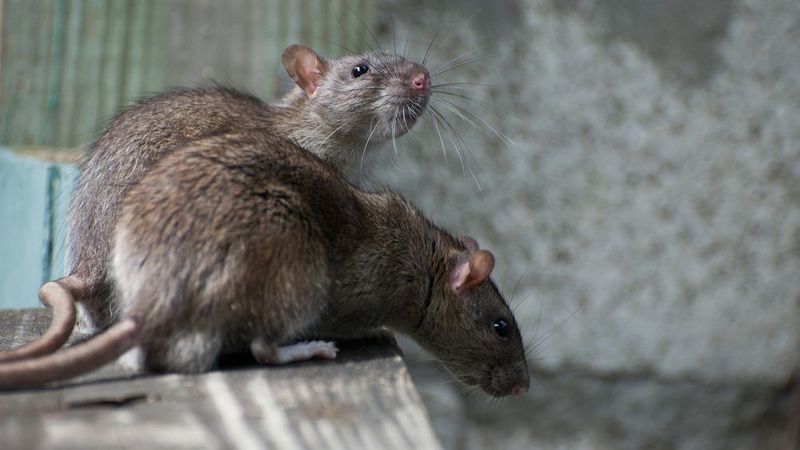
Gray hairs aren’t just for humans! Rats show distinctive signs of aging as they enter their senior years (typically 18+ months).
Older rats develop coarser, duller fur, sometimes with a yellowish tinge. They may move more slowly, sleep more, and develop hind leg weakness. Kidney function often declines, resulting in increased water consumption and urination.


